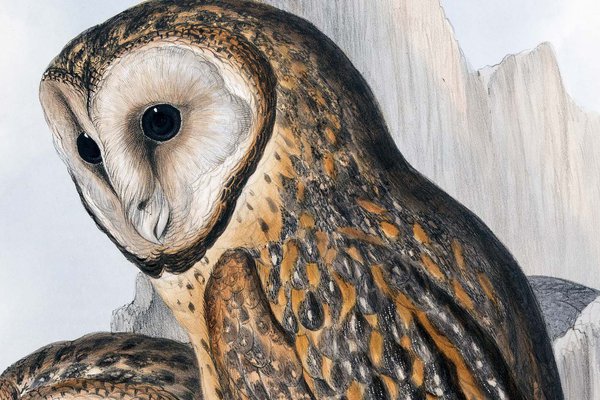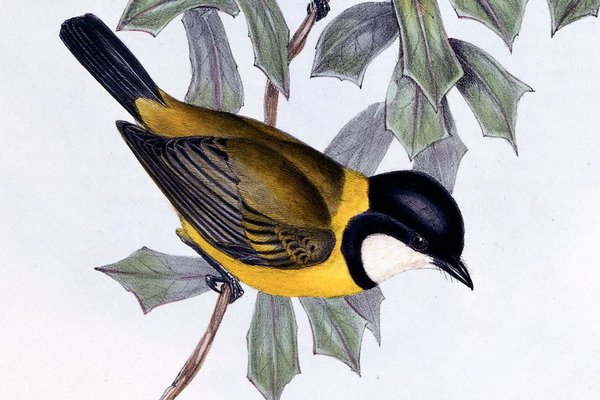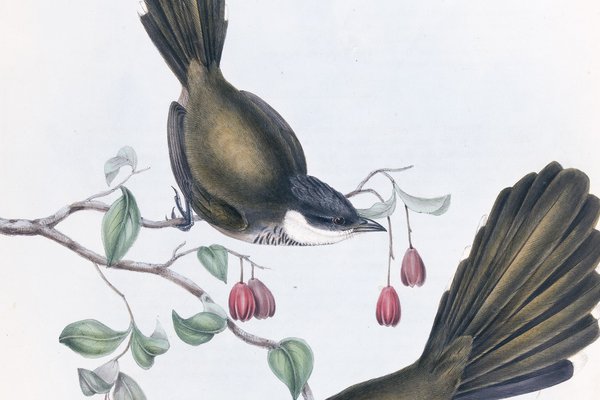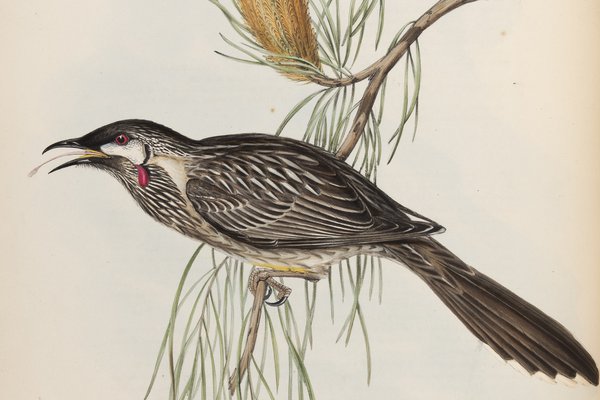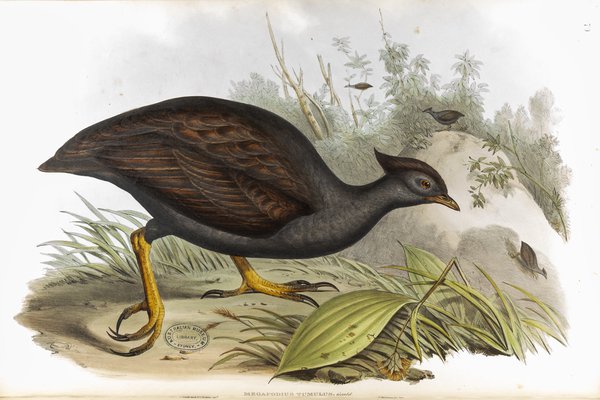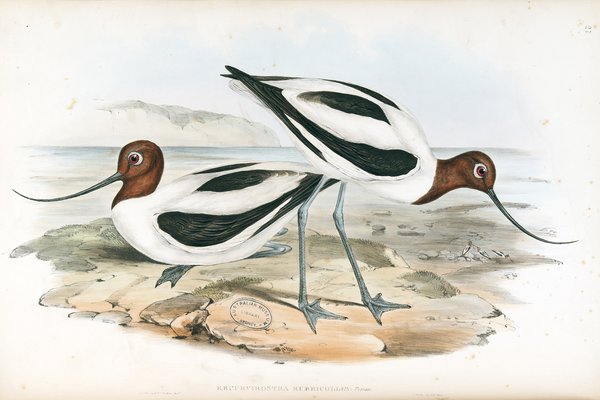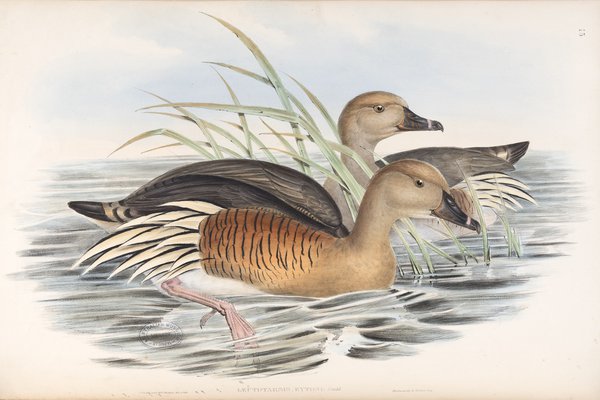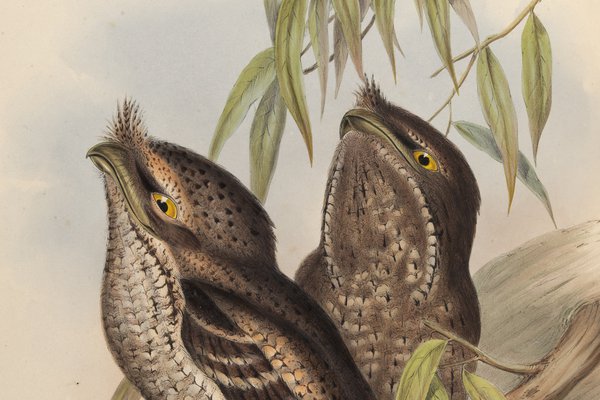Meet the hidden figures behind Australia’s most famous twitcher

In the 1800s English ornithologist John Gould and his wife Elizabeth travelled across New South Wales on one of the most significant birding expeditions in history, helping inform contemporary knowledge and conservation of Australian birds.
The Goulds described and illustrated more than 300 birds that were completely new to science, including the pied butcherbird (Cracticus nigrogularis) and the now extinct paradise parrot (Psephotellus pulcherrimus). It was an astonishing record of observation and sustained hard work.
The Goulds did not do this alone. According to Vanessa Finney, Head of World Cultures, Archives and Library at the Australian Museum, First Nations guides and knowledge played a vital role in the study.
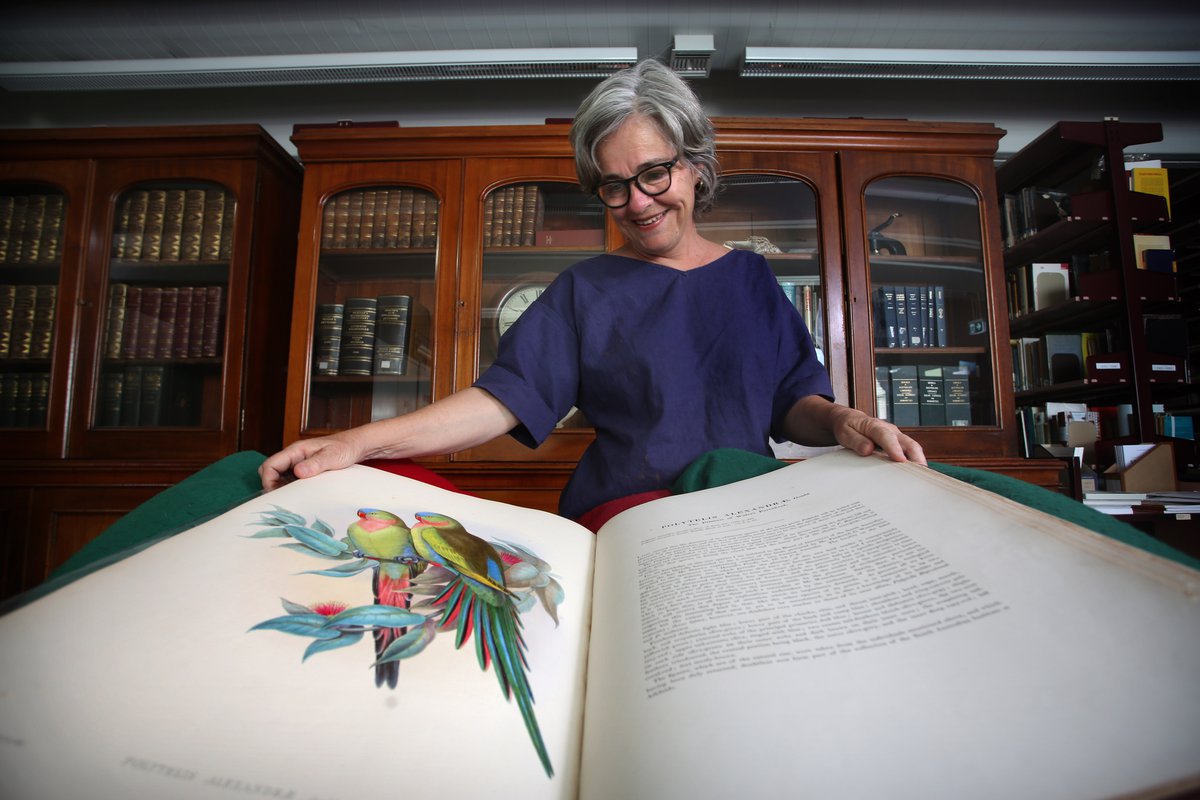
For 60,000 years Australia’s birds have lived alongside First Nations peoples. Birds feature in sacred songlines, play important roles in hunting and ceremony, and are revered as spiritual totems and guides.
This digital experience explores why understanding the significance of Australian birds from a First Nations perspectives and their role in connecting to Country is vital to our fragile future.
According to Vanessa, the storytelling cube aims to teach people about current habitat pressures facing many of the birds featured in Gould’s collection and what they can do to help endangered birds in their local area. People can use their mobile phones to interact with the visual story by scanning the QR code to unlock First Nations stories, bird calls and in-depth profiles, interactive illustrations and more. The featured birds’ calls have been altered slightly on the cube – a soundscape in a public place may confuse the local birds.
The Birds of Australia is a touring installation presented by the Australian Museum. To mark the 175th anniversary of the publications, the Museum digitised Gould’s The Birds of Australia volumes and published them online.

© ESEM Projects
Touring itinerary
- 22 March–22 June 2023 – Newcastle Museum Forecourt, Newcastle, NSW
- 30 June–27 August 2023 – Tamworth Library & Regional Gallery Forecourt, Tamworth, NSW
- 1 September–26 November – Orange Regional Museum & Gallery Forecourt, Orange, NSW
- December 2023–February 2024 – Batemans Bay, NSW (location TBC)
- April–June 2024 – Albury Library Museum, Albury, NSW
- July–September 2024 – Grafton, NSW (location TBC)
- October–December 2024 – Port Macquarie, NSW (location TBC)
- January–March 2025 – Blue Mountains, NSW (location TBC)
About The Birds of Australia (1840–1848)
The Birds of Australia (1840–1848) was the first comprehensive survey of the birds of Australia, featuring a seven-volume collection of hand-coloured illustrations led by English ornithologist and publisher John Gould.
Featuring descriptions of over 681 species, 328 of which were new to science, the Birds of Australia collection interwove art and science in equal measure to produce over 600 hand-coloured plates of Australian birds, today regarded as among the finest examples of bird illustrations ever published.
Led by John Gould, each plate was one drawn by his team of artists, lithographed and then individually coloured in brilliant colour by Gould’s skilled colourists. The illustrations feature works by a number of artists including Gould’s wife Elizabeth Gould, Edward Lear, H.C. Richter, William Hart and Joseph Wolf.
